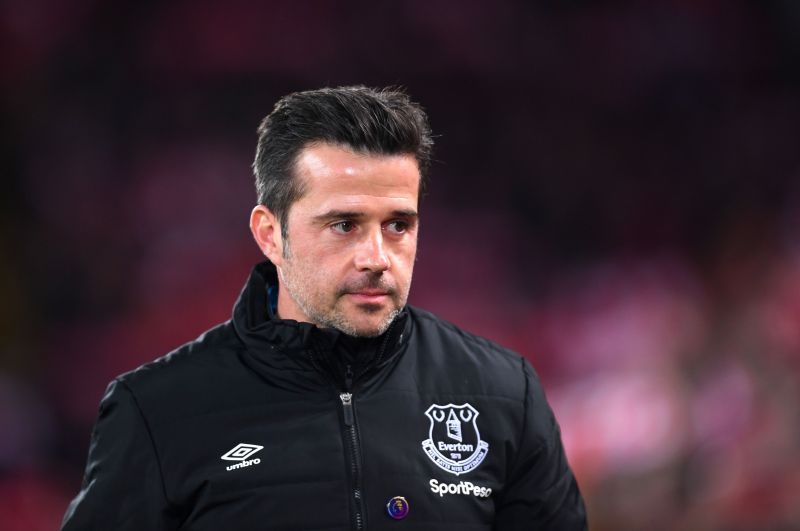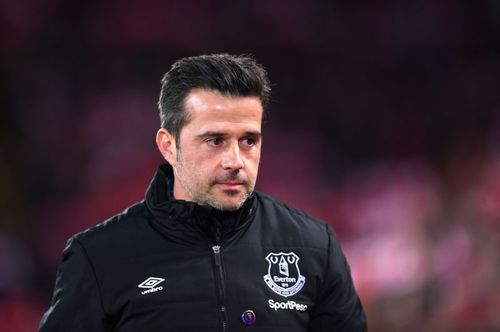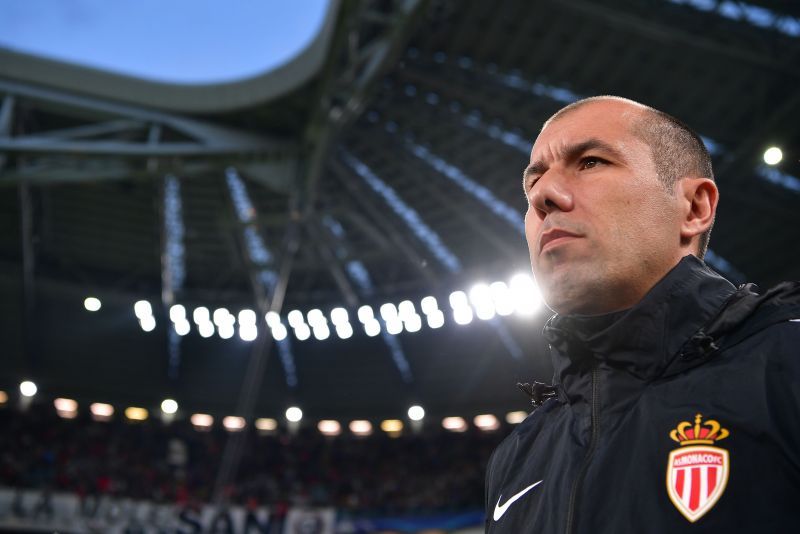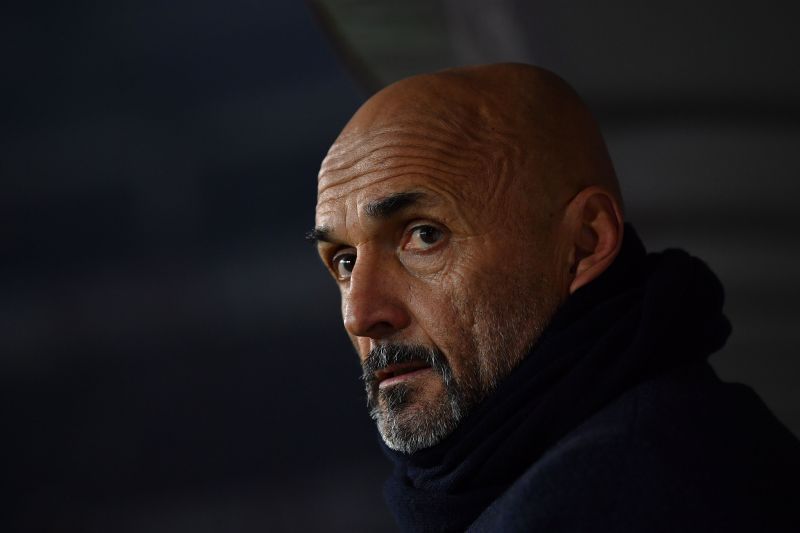
Top 5 football managers who are currently unemployed

Management in any field is a very difficult task to pull off. The world of football is no different in this regard.
Managers are one of the most important constituents of a football club. Along with the support staff, football managers act like a glue that holds an entire club together. They are equally associated with the club board as well as the playing roster. The functioning of a football club becomes much more difficult without a manager at the helm.
Of course, the biggest and most important job of a football manager is to make a team play in a way that helps it win games. Football is a result-oriented business at the end of the day; the lack of results could lead to the sacking of a manager regardless of the extent of attractive football a team might play.
It can only take a bad game or two for a football manager to feel the heat. There could be reasons beyond tactical inadequacies of a football manager for a team not producing desired results. But as is so often the case, a football manager being an easy target loses their job rather than a bevvy of underperforming players facing the sack.
As a result, early contract termination of football managers is a very common occurence. It takes time to build a team that produces desired results, but often football managers do not get that liberty. They are required to get results from the get-go.
Even when the best in business cannot get the expected results, they are relived of their duties by their respective football clubs, regardless of their past contributions. On that note, let's look at five of the best football managers who are without a job right now.
Five top football managers who are without a job:
#5: Leonardo Jardim

Ah, the curious case of Leonardo Jardim. The Portuguese boasts a tremendous manegerial record and has had a successful tenure everywhere he has gone - bar his second stint with AS Monaco.
Jardim has averaged a healthy number of points per game with all of the football clubs he has worked with in his career so far. He impressed with Braga, racking up 1.96 points per game, then enjoyed a career-high 2.42 with Olympiakos. Jardim returned to Portugal to manage Sporting CP and won 2.20 points each game, and averaged 1.85 with AS Monaco in Ligue 1.
It is at the Principality where Jardim shone the brightest. He created one of Europe's fiercest attacks, which was led by a young Kylian Mbappe and the veteran Radamel Falcao. Monaco reached the Champions League semifinal and also won the Ligue 1 title by dethroning defending champions PSG.
However, a run of poor form forced the Monaco board to let go of one of their best ever coaches. Jardim returned for a brief period as Monaco continued to struggle, but his arrival made little difference, and he was sacked once again.
Jardim is still only 45 and all he needs is a football club to stick with him for a decent period. He has already shown that he is capable of dealing with world-class players in big European football clubs.
#4: Luciano Spalletti

Luciano Spaletti has been in football management since 1994. The 61-year-old has managed a host of Italian football clubs that include Udinese, Roma and Inter Milan.
The most successful phase of his managerial career , though, came away from his homeland. Spalletti picked up four major trophies with Russian footballing giants Zenit Saint Petersburg, a haul that included two league titles. During four and a half seasons at the club, he picked up almost two points per match.
Spalletti returned to Italy after a two-year sabatical and managed to continue his purple patch. He picked up a career-high 2.15 points per game with AS Roma during his second stint with the Italian capital club. He led them to a second-place finish in the 2016-17 Serie A campaign, bidding farewell to legend Francesco Totti in the process.
However, despite his good performance, Spalletti was sacked by Roma for allegedly not maintaining a healthy relationship with the board and also 'mistreating' Totti in his final football season.
Spalletti's latest managerial job in football was with Internazionale, with whom he managed to pick up 1.80 points per game, but ultimately failed to deliver the kind of results the board expected from him.
He is a vastly experienced coach and has a wealth of knowledge about Italian football. Soalletti might not have taken a football club over the line in terms of a title challenge since leaving Zenit, but he is more than capable of bringing stability to any club in dire need of it.